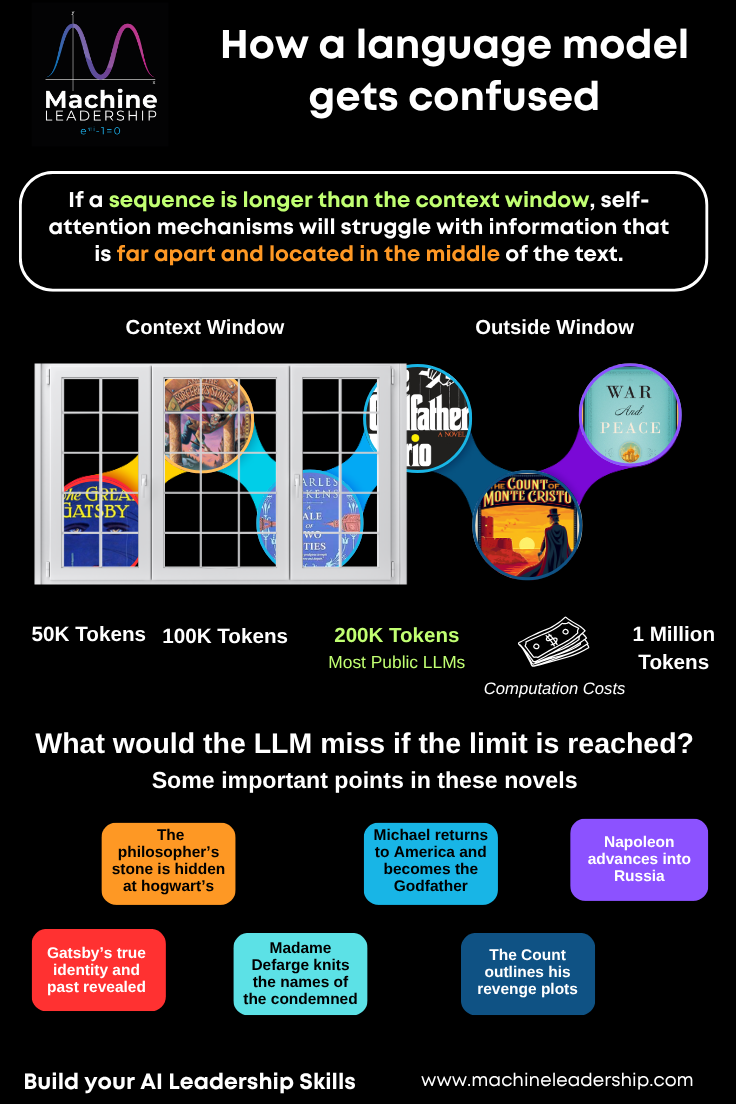Top Cognitive Processes for AI
- Dr. David Swanagon

- Aug 14, 2025
- 2 min read
Updated: Dec 31, 2025
The Age of AI requires engineers to lead machines, lead people that build machines, and lead organizations that adopt AI. A key part of this framework is developing the right cognitive skills. Our research indicates that six elements play a significant role in AI/ML engineering performance. The number sequence is purposeful. Big C Creativity (Frontier Thinking) should be cultivated first before placing constraints on the problem set. The ability to create something from nothing diminishes the more an individual constrains their thinking to a specific problem, even if multiple solutions are allowed. Let your engineers THINK BIG and boundless before introducing divergent and convergent tasks that require specific solutions.
The Age of AI requires leaders to do three things: lead machines, lead people that build machines, and lead organizations that adopt AI. Cognitive processes are a critical factor as they allow leaders to interact with AI tools in a dynamic manner.
Working Memory is a major factor in AI performance. MLOps platforms, tools, and deployed models continue to scale exponentially. The volume of updates that occur on a routine basis is significant for engineers. The ability to store 9+ chunks of data plays a key role in use case design. We have found that many AI/ML engineers are able to store more information in their working memory than the traditional 7 +(-) 2 that was noted by George Miller. This includes the ability to form associations, chunk information, and utilize spaced retrieval practice to transfer concepts to long-term memory.
Wayfinding is interesting. Did you know that one of the highest drop out rates for Delta Force (outside of physical requirements) is land navigation? Finding your way from Point A to B efficiently is critically important in AI. The computational costs, hyperparameters, and context window for LLMs create budgetary constraints for most companies. This requires engineers to identify pathways that reduce dimensionality and optimize FLOPs.
Spatial Intelligence is a skill that improves once working memory is firing on all cylinders. Think about it for a moment. If you tried to mentally rotate a complex object in your mind, you would need to have a strong working memory to store the image iterations that occur as part of each rotational fold.
Leading in the Age of AI is not simply about learning technology platforms. Success is also determined by the quality of the engine inside the engineer. These skills can be fine tuned through specific exercises to maximize creativity, working memory, and spatial intelligence. If you want to prepare your kiddos to succeed in the digital age, make sure they are cultivating these skills, even if you choose to limit their technology exposure early on.





Comments